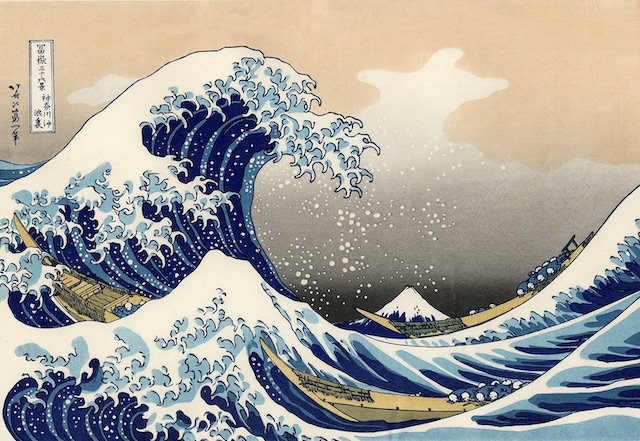Politics, the Economy, Public Health and the Olympics
There were several factors that led to the government’s delay in taking more decisive steps to adopt stronger measures to contain the spread of the virus.
First, government officials and business interests feared that if Japan showed a large number of infected cases, it could lead to the postponement or cancellation of the 2020 Summer Olympics. They believed the Olympics were critical both to boost Japan’s prestige and as a catalyst needed to stimulate demand, investment, tourism and innovation in a sluggish economy.
Second, public health authorities feared a “collapse” of a medical system unable to cope with a large infected patient population.**
These two factors led to the adoption of a conscious and explicit policy to limit the number of tests conducted for the coronavirus.
Third, there are tense relations between central and Prefecture government officials that appears to hinder sound policy development and coordination. With no real power to enforce business closures or other policies and a requirement to consult with a hesitant central government, local officials and health professionals struggled to minimize the impact of the virus.
Finally, government officials, lacking authority to adopt or enforce compliance policies, were concerned about public support of emergency measures even though the Japanese people generally have a high level of compliance with government requests and recommendations.
[**FYI — The headline in my daily Tokyo newspaper today reads: “Virus patients dying, unable to access care.”]

